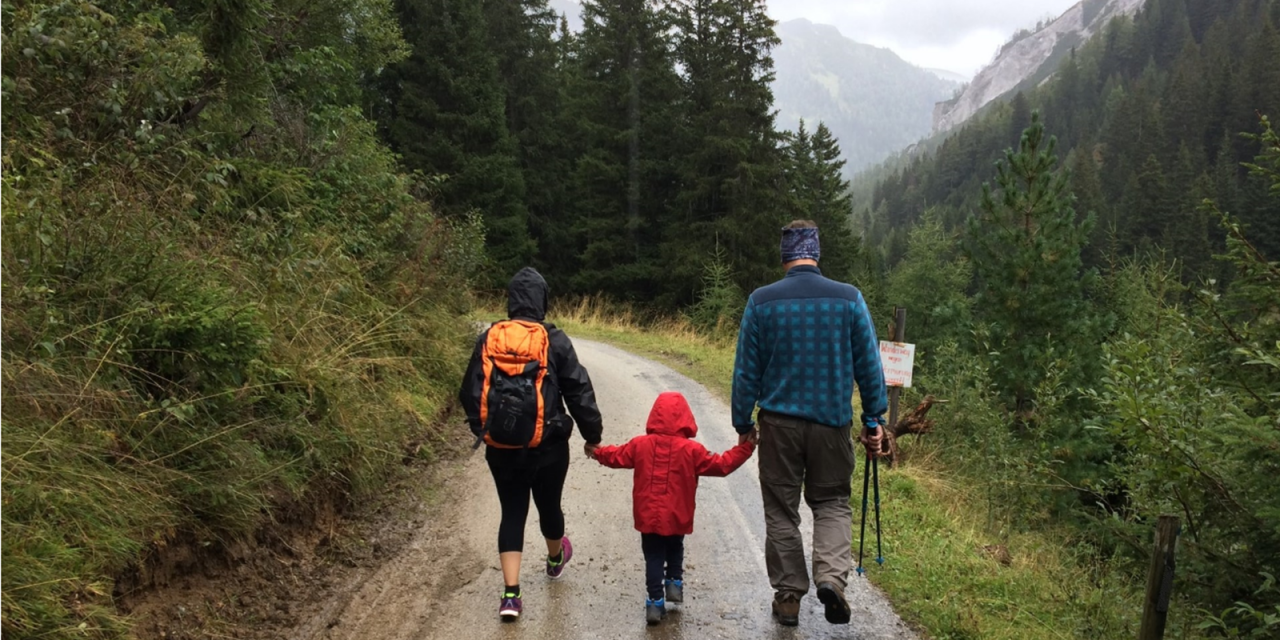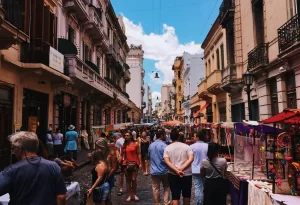Family holidays are a wonderful way for everyone to get away from the stresses and responsibilities of work, school and chores, and just spend a little time together. Trips away together will bring you closer as a family and ensure that you have good memories to look back on. What better way to do that than to go on a road trip? The best thing about road trips is that they offer new experiences for everyone and ensure that no two days are the same, and this is perfect for the adventurous family who wants to have a memorable travel experience. If you’re thinking of taking a road trip, here is a guide to planning all of the essentials to make life a little easier for you.
Choosing the best vehicle for a road trip
When planning a road trip, your most important resource is the vehicle that you plan to travel in. For a family vacation, you need something spacious, that can carry a lot of weight, and that will be able to cover a variety of different terrains. More than that, you need something that is reliable. If you already have a large family car that everyone will be comfortable in, then you might find it worth taking your own vehicle, particularly as you’ll be used to driving it and so will know how well it handles. Unless your car is brand new, it may be worth taking it in for a service before you leave for your trip. While this might add to your upfront costs, it’s better to have peace of mind in a vehicle you’ll be relying on.
Alternatively, you might prefer to rent a different vehicle if you don’t already have one that will suit your needs. For example, if you want to save money on accommodation and make the long drives more comfortable for everyone, you might want to consider hiring an RV from a company like Cruise America.
Related: Try These Healthy Snacks for Family Road Trips (destinationreunions.com)
Packing for your trip
The lighter you can keep your packing, the easier it will be for you and for your car, as increased weight in the vehicle will slow you down, as will you having to lug large bags around for the entirety of your trip. Try not to take too many things with the mind-set of needing them ‘just in case,’ as if you do end up needing something it should be easy enough to find while you’re away, depending on where you intend to travel. If you can, try to go through all of your items once you’ve decided what you want to take and cut it down by a third, as more often than not people overpack their luggage the first time. You’re bound to find places to wash your clothes and replenish your essentials along the way, so there’s no need to overburden yourself.
You will also need to think about packing a good amount of entertainment items for your trip, especially if you intend on spending a lot of time on the road between destinations. Take items like your children’s favorite toys and games that the whole family can enjoy, as well as electronic devices to keep everyone entertained on the road. Bringing belongings such as movies, music, headphones, cameras and chargers for all of your electronic devices is equally as important. You may also want to take a selection of food and drink supplies for the journeys, though you may need to top up along the way, as well as a first aid kit and other seemingly random essentials such as paper towels, hand sanitizer and rubbish bags. Additionally, you might want to take blankets and pillows from home if you’re going to be staying in hotels or other accommodation, as a lot of children sleep better with their own bedding.
Cutting costs on the road
One of the best ways to cut costs is to do a lot of research in advance to determine the best places to visit, and the easiest route to get to them. On a road trip, fuel is one amenity that you’ll be spending a lot of money on, so the more direct you can make your routes from place to place, the better. You’ll also need to determine good stations to stop off at along the way so that you can refuel and take rest breaks. Try to choose locations that will have something of interest for everyone, and where you can find entertainment for free or for a cost-effective price. Camping, staying in an RV, and home rentals tend to be the cheapest accommodation options, but you may be able to find different accommodation deals across your destinations. Cooking your own food and spending more time doing activities in nature will not only bring you together as a family but will save you money along the way as well!
Related: Economical Tips for Long-Distance Road Trips (destinationreunions.com)







